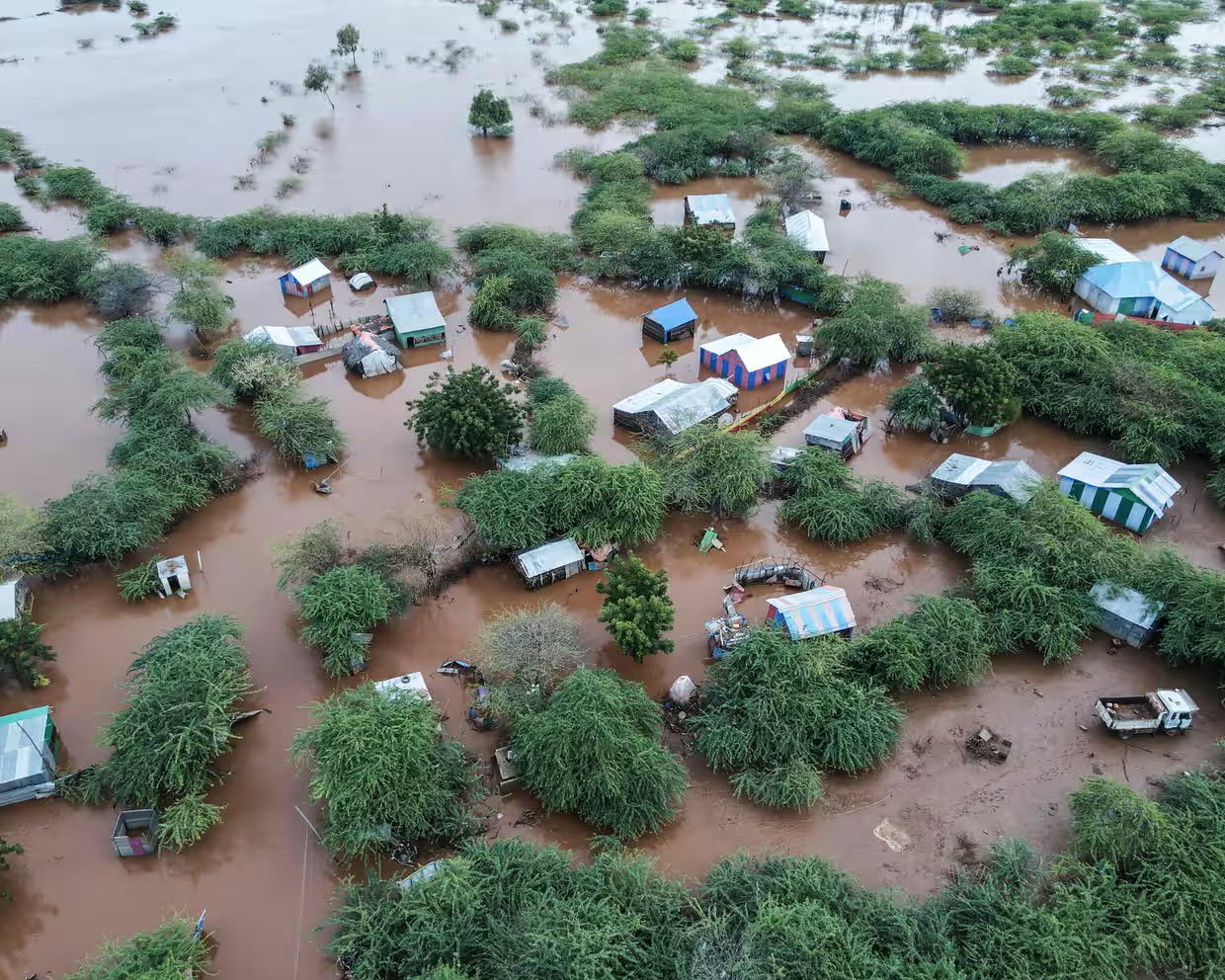Elite Emissions: How the Wealthy Drive Global Warming

A recent study published in Nature Climate Change has revealed a stark reality: the wealthiest 10% of the global population are responsible for two-thirds of global warming since 1990. This finding connects economic inequality directly with environmental degradation, presenting a clear message that the affluent are disproportionately contributing to the climate crisis. While the poor continue to face the brunt of climate impacts, the wealthiest individuals are largely responsible for causing it.
The research, conducted by Sarah Schöngart from ETH Zurich, used climate models to link emissions from various income groups to specific climate impacts. The results are both revealing and alarming. The wealthiest 1% of the population have contributed 26 times more to extreme heatwaves and 17 times more to Amazon droughts compared to the global average. Such disparities highlight how the consumption patterns and financial decisions of the rich significantly influence climate outcomes, especially considering their role in exacerbating the environmental crisis.
An important part of this issue is the carbon footprint associated with investments. While individual consumption contributes to emissions, the wealthy’s financial choices, such as investments in fossil fuels and other carbon-intensive industries, amplify their environmental impact. This is often overlooked in traditional carbon accounting, which primarily focuses on emissions from personal consumption. However, the study emphasizes that the financial investments of the wealthy are a key contributor to global warming and should be considered in climate discussions.
The findings have profound implications. They challenge the conventional view that climate responsibility is equally shared. Instead, the study suggests that the affluent bear a disproportionate responsibility for climate change. This not only exacerbates the climate crisis but also deepens social and economic inequalities. The poor, who contribute least to global warming, are often the first to suffer its consequences. Rising temperatures, extreme weather events, and resource scarcity are making life harder for those already struggling.
Addressing this imbalance requires targeted policy interventions. Experts argue that progressive taxation on wealth and carbon-intensive investments would ensure that those who contribute most to global warming bear a fair share of the costs associated with mitigating its effects. These measures would hold the wealthy accountable for their disproportionate role in the climate crisis. However, implementing such policies faces significant challenges, particularly in political environments resistant to taxing the rich.
The resistance to progressive taxation is not new. In 2021, nearly 140 countries agreed to work toward a global corporate tax for multinational companies. Half of these countries endorsed a minimum rate of 15%. However, these discussions have largely stalled, reflecting the difficulties of global tax reform. The influence of wealthy stakeholders in shaping policy outcomes has proven to be a significant obstacle. This highlights how entrenched financial interests can delay or block meaningful change.
The United Nations has also recognized the need for greater accountability among the wealthy. In 2023, UN Secretary-General António Guterres called for a windfall tax on fossil fuel companies, labeling them as “godfathers of climate chaos.” This statement underscores the critical role that high-emission industries play in driving climate change. The UN’s call for action highlights the need for equitable financial contributions to address the impacts of climate change. As the wealthiest individuals and corporations continue to benefit from carbon-intensive industries, they should be held accountable for their role in environmental degradation.
While these findings may seem overwhelming, they also offer an opportunity to rethink how we address climate change. If the affluent contribute disproportionately to global warming, they should also play a leading role in financing the solutions. Addressing this issue requires global cooperation and policies that hold the wealthy accountable for their carbon footprint.
The study’s findings offer a powerful argument for reassessing how climate responsibility is distributed. The affluent, who contribute the most to global warming, must be held accountable. This means recognizing not only their personal consumption but also their investments in fossil fuels and carbon-intensive industries. To make real progress in tackling climate change, we must implement policies that address these disparities. Wealthy individuals must contribute fairly to mitigating the damage they have caused. Only through such measures can we begin to make the necessary changes to avoid the most catastrophic consequences of climate change. Achieving a fair and just climate future will require an overhaul of the systems that enable the wealthy to profit from environmental destruction while leaving the most vulnerable to bear the brunt of its impacts.
The path forward involves addressing these structural inequalities head-on, ensuring that the richest individuals and corporations take on a fair share of the responsibility in the fight against climate change. This can be done through progressive taxation, targeted investments in sustainable solutions, and greater accountability for the financial sectors that drive emissions. If the wealthiest contribute more to resolving the crisis they helped create, we may finally be able to chart a course toward a sustainable and equitable future.











